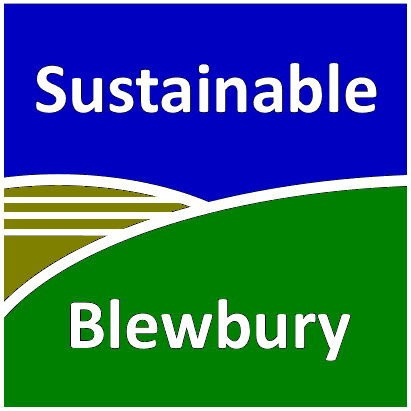
Seeking reduced greenhouse gas emissions and effective cost savings
Updated 16 April 2021

|
Seeking reduced greenhouse gas emissions and effective cost savings Updated 16 April 2021 |
|
HOME PAGES GLOBAL WARMING WHAT YOU CAN DO GREEN ISSUES BACKGROUND THE INITIATIVE |
Important note: We regret that due to lack of available effort, this website has not been updated for some time. Much of the general explanatory text is, of course, still valid and, hopefully, useful. Detailed information on status, however, does need updating in many places and a number of recent developments are not covered. If you might be interested in helping, please contact the webmaster. Some examples: Global warming: To limit global warming, net carbon emissions must go to zero – not just stop rising. From 2014 to 2016 they did at least stop rising, a small step towards what's needed. But in 2017 emissions rose by 1.6%, and in 2018 by 2.7% due to increased use of vehicles and coal. They even rose in the pandemic year 2020. This is extremely worrying. Although carbon emissions dropped during the pandemic, the accumulative build-up in the atmosphere has continued and the amount of greenhouse gases continues to increase. Green energy: Onshore wind is now very inexpensive and offshore wind (the only renewable technology strongly supported by the UK government) has become cheap enough to be very competitive. Solar is also very competitive even without subsidy, especially in sunny regions. In the UK, tidal power suffered a serious blow when the Swansea Bay lagoon project was turned down by the government. Nuclear power: The NuGen reactors at Moorside have been cancelled by Toshiba as the company was virtually bankrupted by cost overruns in the US. Hitachi's Horizon project for Wylfa has been ended as well. EdF's EPR reactors in Finland (now supposed to start up in early 2022 compared to the original date of 2009) and Normandy (now aimed to start in 2024, rather than 2012) are still not running but work is proceeding at Hinkley Point and a copy of Hinkley Point at Sizewell is still proposed. The best guess for a completion date at Hinkley Point is 2027 (or later). Cars: There are now some diesels that are relatively clean, but of course they still burn fossil fuels. Electric cars with ranges of 200–300 miles are widely available and there are some interesting new models as sales rise. Major problems are the charging network, and the high prices and heavy weight of long-range models. There is also a much wider variety of plug-in hybrids available, but electric cars are simpler and should start to drop in price. Lighting: LEDs have dropped in price and their performance has improved. For almost all applications they are the only sensible way to go. Look especially for ratings of A++ as these are significantly more efficient than CFLs (also known as low-energy bulbs) or fluorescent tubes. Converting to LEDs can have a surprisingly big effect on your electricity usage. Government grants: The feed-in tariff for new installations of solar photovoltaic panels ended in April 2019. To be paid for exprting your surplus electricity to the grid there is a scheme called Smart Export Guarantee (SEG – click here for more information about that). Battery storage systems for domestic solar panels can help people to use more of the electricity they generate, but the cost of these is still quite high. The Green Homes Grants programme to replace the failed Green Deal, has had a rocky start, despite a huge stock of older houses that desperately need to be insulated better, and that scheme has now been ended. Nor is there any upgrade of building standards since the requirement for new housing to be zero carbon (starting in 2016) was dropped. Smart meters: The rollout of smart meters has been much slower, more problem-ridden, and more expensive than planned, and utility companies are still installing first-generation (SMETS1) meters that often don't work when the energy supplier is changed. Do not agree to have a smart meter without ensuring that it is at least SMETS2. The Initiative The Blewbury Energy Initiative is a project of Sustainable Blewbury. We aim to reduce energy consumption and to encourage the use of renewable energy resources wherever possible. We hope to reduce the amount of coal, oil, gas and electricity used, and to help the global environment. See below for recent energy-related news. New on this website
|
 |
If you have any comments or queries about this website please contact the
webmaster. |
© Blewbury Energy Initiative 2021 |